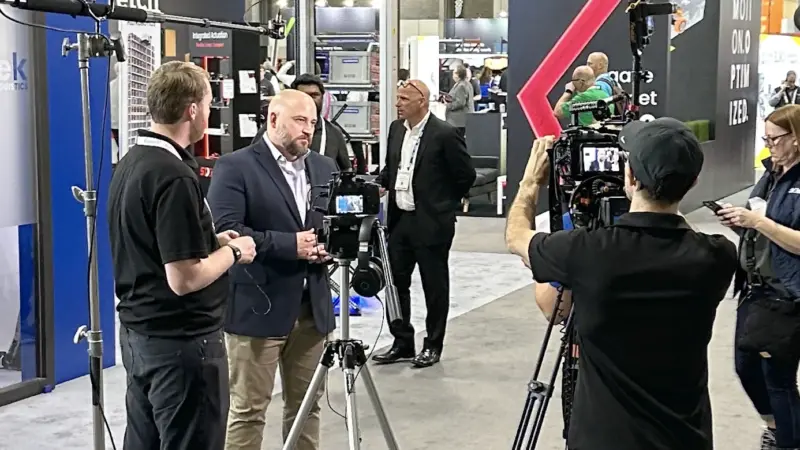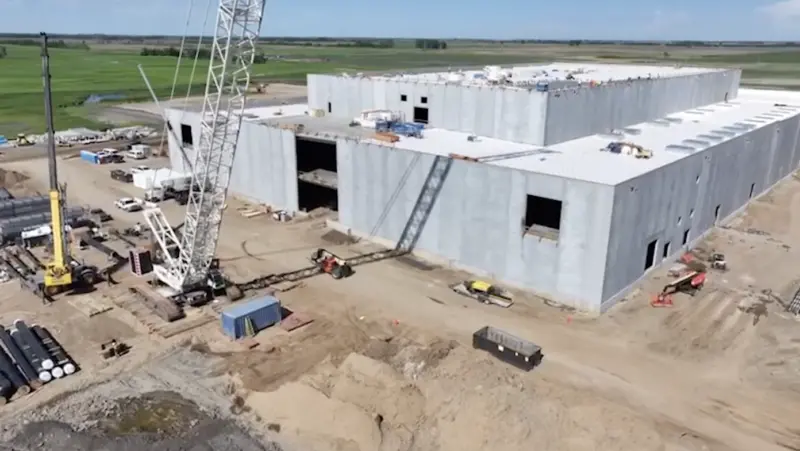Iodine Intelligence: Unlocking the power of CONCURRENT
Artificial intelligence (AI) and Natural Language Processing (NLP) are taking over the health industry and renovating healthcare technology. It has for some time now being a Lodestar into improving and delivering quality healthcare. A ton of information is being collected but isn’t being utilized simply because the existing technology doesn’t know what to do with the data. A recent report from RBC Capital Markets states 30% of the world’s data is generated in the healthcare industry, and it is expected to surpass 36% in the next three years. Handling this sort of information is a challenge as most healthcare AI technology relies on simple technologies like rules and checklists.
On this episode, Lauren Hickey, the content strategist at Iodine, chats with Diana O’Connor, the clinical product consultant manager at Iodine, and Justin Geradot, the client service operations manager at Iodine, about their new flagship technology, CONCURRENT. Hickey, Diana, and Justin chat about…
- What can prevent CDIs from fully adopting concurrent.
- How auto-assignment works
- Barriers and quiet periods.
“CONCURRENT is our flagship software that utilizes artificial intelligence and machine learning to prioritize patients concurrently while in-house. It uses, at a high level, different amount of misalignment of information between clinical evidence that support a certain condition and the actual expectation documentation of those conditions and uses the difference to prioritize,” said Justin.
“CDI is complex. There is a lot of different workflow strategies that people use. CONCURRENT is more than just a technical implementation, we are taking account of different philosophies and workflows,” said Diana.
Lauren then asked Justin about auto-assignment and quiet periods, and he went on to say:
“Auto assignment is a way concurrent distributes cases to CDS’s for review. It is one of the oldest features for CONCURRENT specifically to address the problem that scope changes as a result of CONCURRENT. Before CONCURRENT, CDIs way to locate cases was through location or service line. When prioritization is added, balancing for caseloads gets more difficult. Auto assignment instead of using service line to distribute cases uses priority status, assigning cases with more priority first then working their way down.”
“Quiet period is how much period a case must incubate before its considered for auto-assignment. This is a change for a lot of CDI departments. A lot of CDI teams want to see cases every two days at a minimum. With prioritization, we set a 24hr quiet period to get the necessary information. After a case has been reviewed, it goes into another quiet period for 12hrs to make sure it doesn’t immediately get reprioritized again,” Justin continued.
Lauren then talks about query hesitancy and asks Diana about CDSs not querying as much even when Iodine AI says a query is needed. Diana’s reply:
“One of the things we are looking for is a complete, intact medical record that tells the story of the patient and the sooner we get the documentation in, the better. And with denials coming up the way they are, you want continuity of them in the medical record. It’s a shift from getting querying away as a penalty into more as a prompt and querying sooner.”
At the end of the episode, Justin says Iodine and Concurrent are always changing, adding new functionalities, platforms, and configurations—Retrospect being an example.


